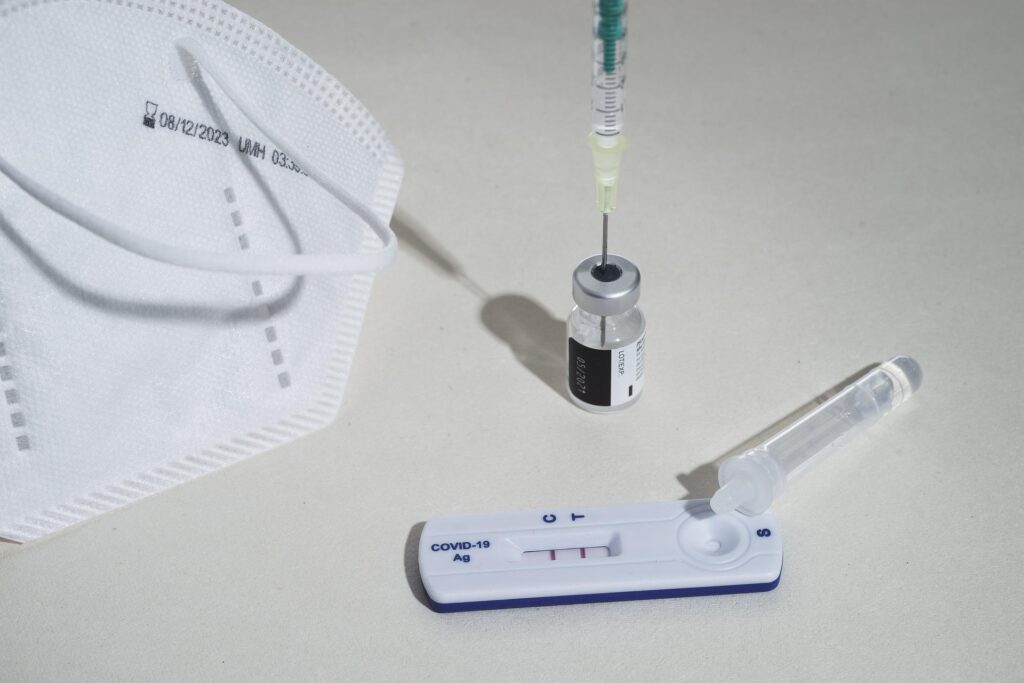
Elevated levels of the virus in the blood of patients hospitalized with COVID-19 predict worsening respiratory symptoms and suggest continued viral replication in later stages of the disease, according to a study led by Stanford Medicine.
Given this, they detail that a single test could predict which people hospitalized with COVID-19 are likely to worsen significantly during their stay, even if they were admitted with relatively mild symptoms, according to a study of more than 2,500 people led by Stanford Medicine researchers.
The test measures patients' blood levels of a protein in the virus that causes COVID-19. The researchers found that elevated levels of the protein were strongly correlated with an increased need for respiratory support five days later, regardless of the severity of the patient's illness at the time of the test.
People whose levels were elevated were also likely to be hospitalized for much longer than those with lower levels.
The results suggest that the virus may continue to replicate in a subset of hospitalized patients, and that these patients may benefit from antiviral treatments such as monoclonal antibodies or remdesivir.
These antiviral treatments are now mainly used in outpatient settings after earlier clinical trials showed that they did not benefit hospitalized patients.
"The way we've been thinking about COVID-19 is that antivirals are most useful early in the disease, to stop viral replication before the person gets really sick," said Angela Rogers, M.D., associate professor of pulmonary and critical care.
He further specified that, when a person is sick enough to be hospitalized, it appears that the inflammatory response to the virus causes many of their clinical symptoms. "Some have suggested that it's time to stop studying antivirals in the sickest patients who are hospitalized with COVID-19. But this study suggests that a subset of patients may benefit from antiviral therapies even after hospitalization."
Rogers is the lead author of the study, which was published online Aug. 30 in the Annals of Internal Medicine. She led an international group of researchers who analyzed the results of a large multicenter clinical trial of antiviral therapies in hospitalized patients with COVID-19, called the ACTIV-3 or TICO trial.
"Within each level of disease severity, people with higher levels of protein, or antigen, had a markedly higher risk of worsening," Rogers said. "People with high antigen levels, but who could breathe without oxygen when they were enrolled in the study, were five times more likely than someone with lower antigen levels to require oxygen supplementation five days later."
The researchers also found that, at all stages of disease severity, men in the study tended to have higher blood levels of N protein than women, even after adjusting for differences in rates of hypertension, heart disease, and other potential confounders.
"This is really interesting and we don't know what it's due to," Rogers said. "A lot more research needs to be done."
The ACTIV-3 study is ongoing, but five of the six antiviral drugs studied by the group had done no better than placebo; many of these same drugs had been effective in the outpatient setting. This new study suggests that hospitalized patients are not uniform, and that a precision medicine approach is needed in COVID-19 inpatient trials.
With information from Stanford News.
You may be interested in: Only 6% of the San Mateo County population has obtained updated COVID-19 reinforcement.


